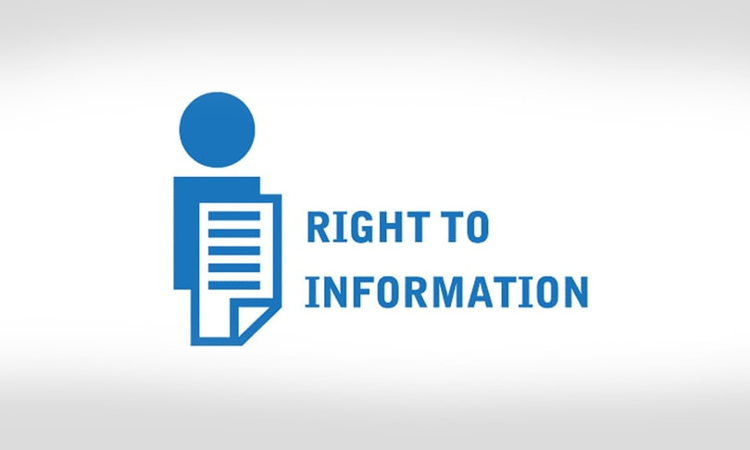Next Story
7 July 2020 10:11 AM IST
Right to Information Act 2005 is an act of the Parliament of India which sets all the rules and procedures regarding citizen's right to information from the government, inspect any government documents, seek certified photocopies thereof. This Act replaced the former Freedom of Information Act, 2002 to mandate timely response to citizen requests for government information.RTI is a...

